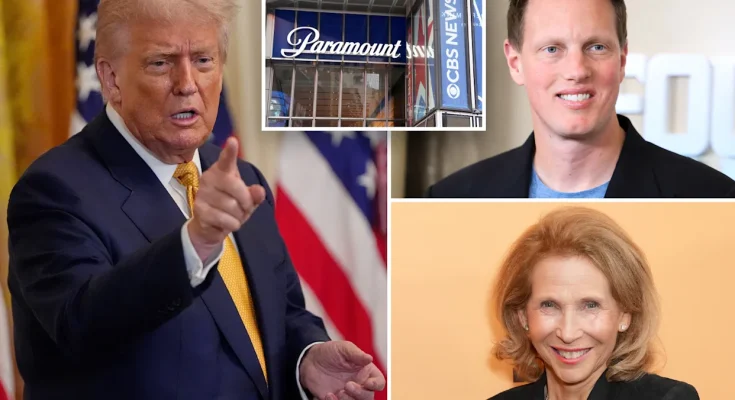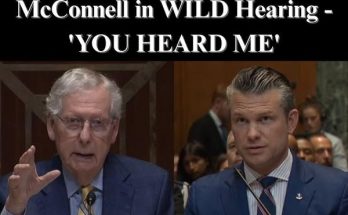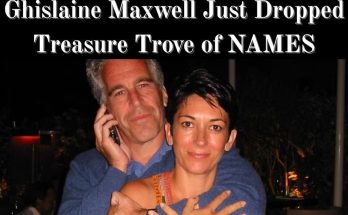WASHINGTON D.C. – In a development sending shockwaves through the media industry and political circles, President Donald Trump has secured a significant victory in his high-profile lawsuit against CBS’s “60 Minutes” and its parent company, Paramount Global. While initial reports indicated a $16 million settlement, new details reveal a broader agreement totaling $36 million, stemming from allegations of unfair editing in a “60 Minutes” interview with then-presidential candidate Kamala Harris.
The lawsuit, originally filed last October while Trump was still a candidate, claimed that the veteran news program manipulated footage to present Harris in a more favorable light, thereby interfering with the electoral process. The settlement, announced in early July, allocates $16 million directly from Paramount, intended for President Trump’s future presidential library and legal fees.1 However, President Trump announced on Truth Social that he anticipates an additional $20 million from the new owners of Paramount in “Advertising, PSAs (public service announcement), or similar Programming,” bringing the total value of the agreement to over $36 million.
This outcome represents a substantial win for President Trump, who has long been a vocal critic of what he terms “fake news” and has actively pursued legal action against media outlets. His legal team has hailed the settlement as “another win for the American people,” emphasizing a commitment to holding the media accountable for what they describe as “widespread fraud and deceit.”2
The settlement comes at a critical juncture for Paramount Global, which recently secured federal regulatory approval for its multi-billion-dollar merger with Skydance Media.3 This approval, granted by the Trump administration’s Federal Communications Commission (FCC), has led some observers to suggest a connection between the lawsuit’s resolution and the merger’s green light. FCC Chairman Brendan Carr has publicly stated that the administration is “fundamentally reshaping the media landscape” and that Skydance has made “written commitments to ensure that the new company’s programming embodies a diversity of viewpoints from across the political and ideological spectrum.”4
The terms of the settlement also include a significant change in practice for “60 Minutes,” with Paramount agreeing to release full transcripts of interviews with future presidential candidates.5 This departure from their traditional editorial secrecy is seen by many as a direct concession to the administration’s demands for greater transparency and an effort to address concerns about media bias.
However, the settlement has not been without controversy. Many journalists and First Amendment scholars have expressed deep concerns, viewing it as a capitulation by a major media corporation and a potential chilling effect on independent journalism. Critics within CBS News, including former “60 Minutes” executive producer Bill Owens and CBS News President Wendy McMahon, departed their roles amid the legal dispute, reportedly opposing a settlement that they believed undermined journalistic integrity. Senators and other political figures have also raised questions about the nature of the settlement, with some suggesting it could amount to a “pay-for-play” scenario linked to the merger approval.6
Despite the criticisms, President Trump’s supporters are celebrating this legal victory as a testament to his resolve in confronting perceived media unfairness. The “60 Minutes” settlement is the latest in a series of legal actions by the President against major news organizations, signaling a continued assertive stance against what he characterizes as biased reporting. The long-term implications for press freedom and the relationship between the government and the media remain a subject of intense debate and scrutiny.



